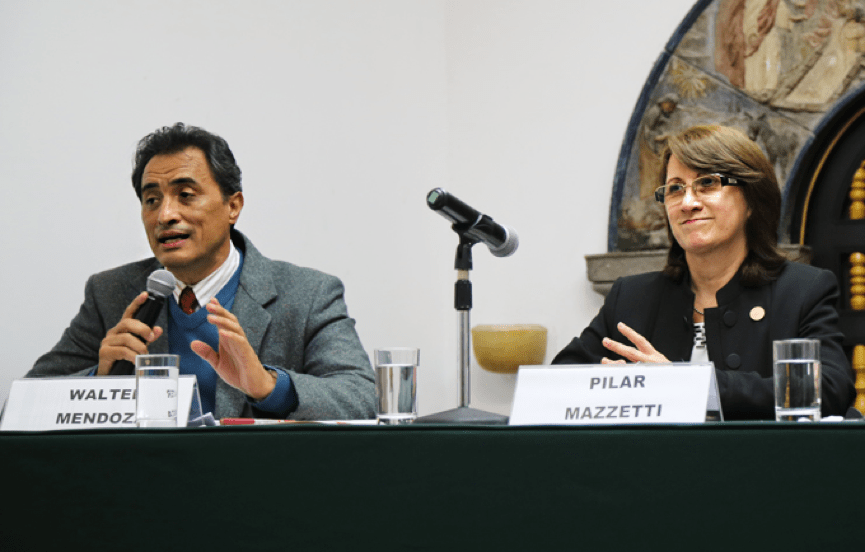Beijing, 8 December 2013--- Initiated by the United Nations Population Fund (UNFPA) China Office and Sohu.com, the Awards Ceremony of Acting for Youth Short Movie Competition was held in China National Film Museum in Beijing. Mr. Arie Hoekman, the Representative of UNFPA in China; Ms. Jiang Fangzhou, a well-known young writer and opinion leader who is Acting for Youth Advocate; and Ms. Hong Ping, Deputy Secretary General of China Family Planning Association, representatives of the panel of judges, participating university students and special invitees were present at this event.
Since the UNFPA launched the State of the World Population 2013, titled Motherhood in Childhood: Facing the Challenge of Adolescent Pregnancy, issues concerning adolescents and youth’s sexual and reproductive health have gained increasing attention at the international arena. When presenting this global report in October in China, UNFPA China and Sohu.com decided to launch the “Acting for Youth” campaign. One of the first activities under this campaign was to organize a short movie contest aiming to encourage young people to reveal their perspectives on youth sexual and reproductive health. “We must work with adolescents and young people to address the challenges they face,” Mr. Arie Hoekman, UNFPA China Representative, said in his opening remarks, “Adolescents and young people are key to the solutions, and they are the drivers for change.”
The world currently holds the largest generation of young people in history, with 1.8 billion adolescents and youth making up one quarter of the world’s population. These young people face tremendous challenges, many unknown to most people as they tend to be hidden and surrounded by taboos. The State of World Population 2013 revealed that in developing countries every year 7.3 million girls under 18 give birth. Of these 7.3 million births, 2 million are to girls 14 or younger, who suffer the gravest long-term health and social consequences from pregnancy, including high rates of maternal death.
It is important to realize that most of these girl children did not want to become mothers out of their own choice. Most of them ended up in this situation due to the harmful practices of childhood marriage and gender based violence, reflecting situations of extreme gender inequity that some societies are still captured in.
Recognizing that young people are a vital force that must be at the fore of global development efforts, recently UNFPA called for a youth centered goal in the Post-2015 development agenda. Young people must have the opportunities and means to fully participate in development, to realize their full potential, and contribute to their societies. Mr. Arie Hoekman stressed that universal access to rights-based sexual and reproductive health, including contraception, is a key step to empowering young people. He stressed that one may wish that the sexual and reproductive health problems facing youth would not exist, but closing our eyes and ears is not an option, ignorance kills.

Commemorating the 26th World AIDS Day a few days ago, the sexual and reproductive health risks faced by adolescents and young people were also highlighted. Globally, of the 6,300 people newly infected each day, almost 40 per cent are young people aged 15-24, the majority of them young women. Inadequate access to high-quality, youth-friendly HIV and sexual and reproductive health services is a major challenge. Between 2005 and 2012, HIV-related deaths among adolescents increased by 50 per cent, while the global number of AIDS-related deaths fell by 30 per cent. Every hour, 50 young women are newly infected with HIV.
Recent statistics showed that about 87.1% of HIV infections are through sexual transmission and that the number of young people aged 15-24 infected by HIV is on the rise in China.
The first survey on access and utilization of sexual and reproductive health services supported by UNFPA and conducted by Peking University found out that in China even though the majority of unmarried youth aged 15-24 are open to having sex before marriage, less than 5 per cent are well informed about reproductive health. Less than 15 per cent had correct knowledge about preventing HIV infection. The survey showed 4 out of 100 unmarried girls aged 15-24 became pregnant, and over 90 per cent of these pregnancies ended in abortion.
During the two months since the launch, for the Acting for Youth Short Movie Contest 19 pieces of original works produced by different university teams were shortlisted. The films range from adolescent love, pregnancy, contraception, sexuality education, sexual harassment, homosexuality, HIV prevention and anti-discrimination. “I believe that these films will provide useful information to agencies and organizations working on youth sexual and reproductive health. They are the voices of young people,” Jiang Fangzhou, the Youth Advocate for the Acting for Youth Campaign said at the awards ceremony. She called for more opportunities and channels for young people to participate in decisions that concern their lives.
Website of the Acting for Youth Campaign:


